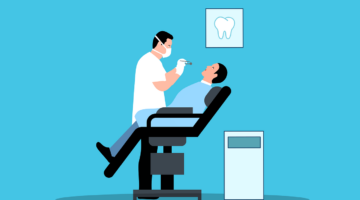In the $9 billion blood glucose monitoring market, we’ve seen a sea of Web-based programs, mobile apps and devices with wireless capabilities.
But here’s a new device that goes a step further. Instead of transmitting data, it analyzes data as a physician would, using proprietary software to generate recommendations on how diabetes patients should adjust their insulin dosages.
Hygieia Inc. is developing the software, the Diabetes Insulin Guidance System (DIGS), in the form of a hand-held device about the size of a BlackBerry. A physician sets up the device and then patients take it home, and use it to measure their blood glucose levels. The software in the device analyzes patterns in those measurements and generates insulin dosage recommendations on a weekly basis as a supplement to patients’ appointments with their physicians, which can often be months apart.
The company just published positive results from a 16-week feasibility trial of type 1 and type 2 diabetes patients at the International Diabetes Center in Minneapolis.
Hygieia CEO Eran Bashan said the company plans to roll out the device this fall in the U.K. Once the device has been launched there, the focus will shift to making it available in the U.S. Bashan said the price point for the device had not yet been determined, but it would be significantly less expensive than increased visits with a physician.
Technological advances in recent years have aimed to help the 5.5 million patients who inject insulin daily maintain tight blood glucose control, including glucose monitors that transmit data wirelessly to care providers, like Telcare’s wireless glucose meter and PositiveID’s iglucose, or alert the user of patterns in glucose levels, like the OneTouch VerioIQ. Other companies like WellDoc and Cellnovo have focused their efforts on developing online or mobile platforms that ensure data gets in the hands of healthcare providers. But no other companies that he’s aware of are commercializing this form of device, Bashan said.
Founded in 2008 based on technology licensed from the University of Michigan, the Ann Arbor, Michigan company has raised $3 million in seed capital, including $1.5 million raised last summer from Oakwood Medical Investors.

Navigating The Right Steps For Your Healthcare Startup
This webinar will explore how a banking platform approach could be the resource for your company.








